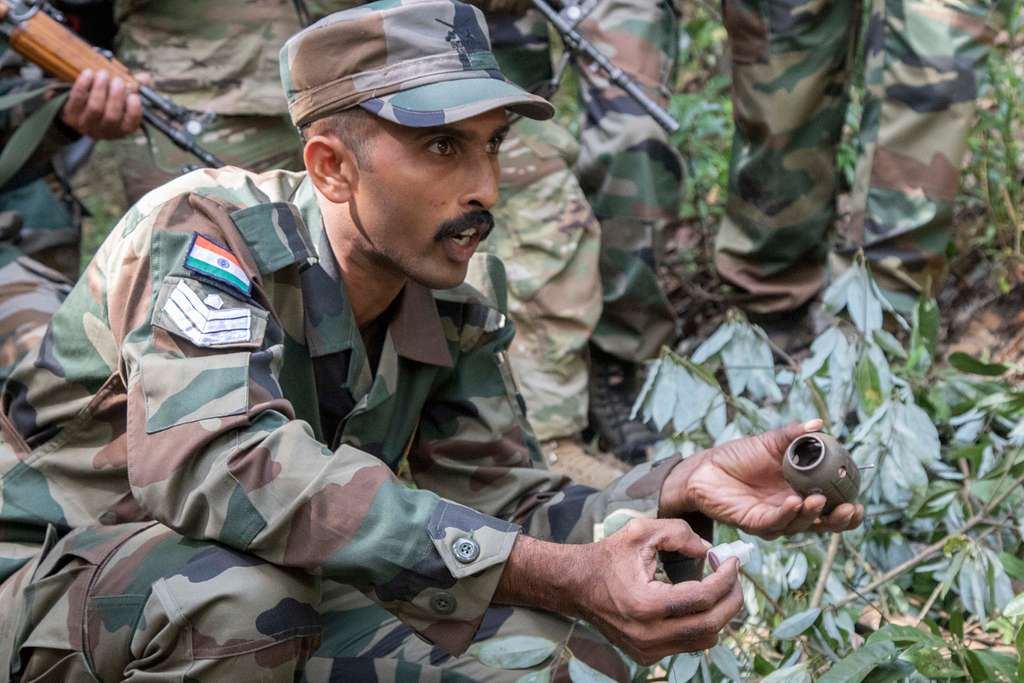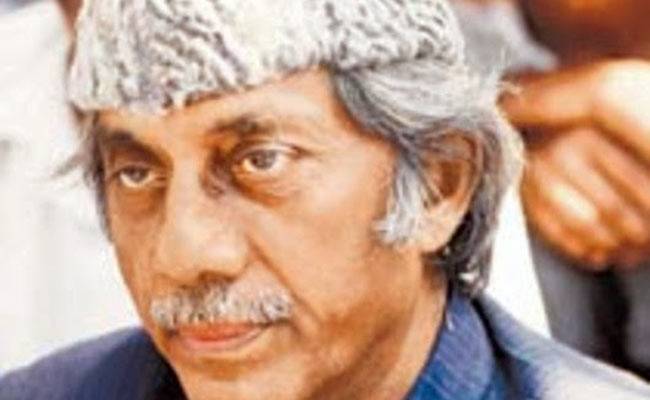The Kargil War, also known as the Kargil conflict, was a limited war fought between India and Pakistan in the Kargil district of Jammu and Kashmir in 1999. Here’s an overview:
Background:
The Kargil War was the culmination of long-standing tensions between India and Pakistan over the disputed region of Kashmir. In early 1999, armed militants and soldiers belonging to the Pakistani army infiltrated into Indian territory and occupied strategic positions in the Kargil sector, which is located along the Line of Control (LoC), the de facto border between India and Pakistan in Kashmir.
Causes:
The infiltration by Pakistani forces into Indian territory caught India by surprise and violated the established norms of the Line of Control. The Pakistani army’s objective was to disrupt Indian control over the region and draw international attention to the Kashmir issue.
Indian Response:
Upon discovering the presence of Pakistani soldiers and militants in the Kargil sector, India launched a military operation, codenamed Operation Vijay, to evict them from the Indian side of the Line of Control. The Indian Army, supported by the Indian Air Force, launched a series of ground offensives and airstrikes to regain control of the infiltrated territory.
Conflict and Battles:
The Kargil War witnessed intense fighting between Indian and Pakistani forces in rugged mountain terrain, characterized by high altitudes and extreme weather conditions. Some of the key battles include the recapture of strategic peaks such as Tiger Hill, Tololing, and Point 4875, which were occupied by Pakistani forces.
International Response:
The Kargil War drew international attention and condemnation, particularly due to concerns about the potential escalation of hostilities between two nuclear-armed neighbors. The United States and other countries urged both India and Pakistan to exercise restraint and find a diplomatic solution to the crisis.
Resolution:
Despite the intense fighting, India’s military operations succeeded in pushing back Pakistani forces and securing the captured territory. In July 1999, Pakistan announced a unilateral withdrawal of its troops from the Kargil sector, leading to the end of the conflict.
Aftermath:
The Kargil War had significant political, military, and diplomatic ramifications for both India and Pakistan. It highlighted the need for improved border security and intelligence gathering along the Line of Control. The conflict also underscored the dangers of nuclear escalation in South Asia and the importance of dialogue and diplomacy in resolving bilateral disputes.
Overall, the Kargil War remains a significant chapter in the history of India-Pakistan relations, shaping the trajectory of their engagement and the dynamics of the Kashmir conflict.






